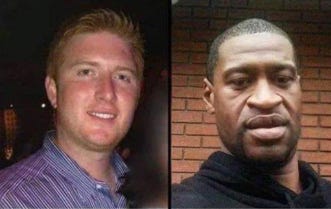Tony Timpa, George Floyd, and Media Bias in Police Brutality Reporting
Police brutality is more than just a black and white issue.
Police brutality continues to be a contentious issue in the United States. It has sparked heated debates on the airwaves and interwebs, and even in government proceedings. Yet, despite its continual presence in public discourse, solutions for this problem remain elusive.
In my years covering politics, I have seen that how the media covers incidents in wh…



